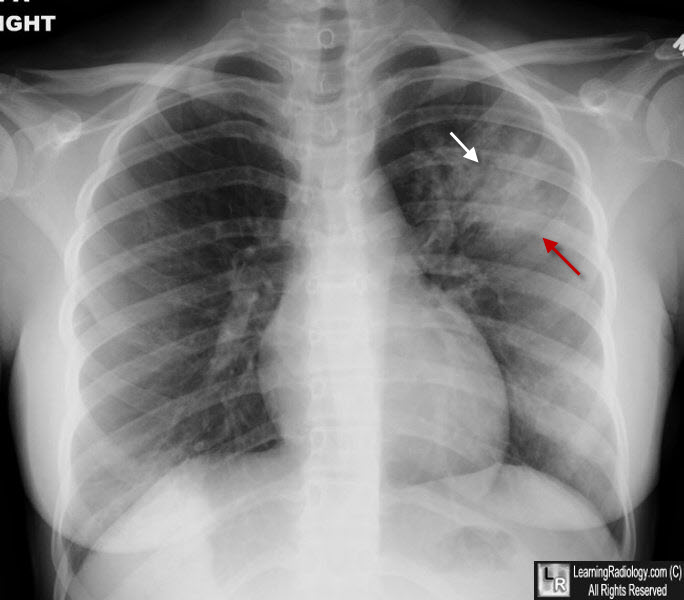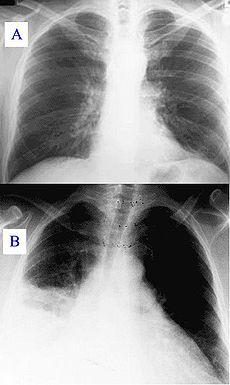

If an infection is present, sputum testing may be necessary to diagnose the cause of abnormal breath sounds. They may also order blood tests to check for signs of underlying conditions. It is likely that a doctor will order other tests, including imaging tests such as a plain film X-ray or CT scan to look at the chest structures. They may also ask when the symptoms began and if anything relieves or provokes them. They may ask about any medication the person is taking or has taken recently. Some doctors also use other listening tools, such as computerized lung sound analysis. This will help to identify the type of abnormal breath sound and narrow down the potential causes. Stridor can also be a symptom of inflammatory conditions, such as tonsillitis, epiglottitis, or croup (laryngotracheitis).Ī doctor will use a stethoscope to listen to the individual’s lungs and air passages as they breathe. A traumatic neck or chest injury involving the upper airway could result in a blockage too. A blockage may occur if a person breathes in a foreign object, chemical, or other harmful substance.

The type of breath sound may be different depending on the underlying condition.Ĭommon causes of abnormal breath sounds include: Problems in the lungs or other airways are generally the cause of abnormal breath sounds. Some abnormal breath sounds may also change the sound of a person’s voice. It occurs in people who have a blocked upper airway, usually when they are breathing in. Stridor: Stridor is a harsh, high-pitched, wheeze-like sound.Rhonchi: Rhonchi are continuous, lower-pitched, rough sounds that many people compare to snoring.A squawk is a short version of a wheeze that occurs during inhalation. Sometimes, wheezing can be loud enough to hear without a stethoscope. Wheezing: Wheezing noises are high-pitched and continuous and may sound like a breathy whistle.Crackling breath sounds may sound wet or dry, and doctors might describe them as either fine or coarse. Crackles: Also called rales, crackles tend to sound like discontinuous clicking, rattling, or bubbling when the person inhales.There are several distinct types of abnormal breath sounds, including: Infections and other conditions that cause inflammation or fluid buildup in the lungs commonly cause unusual breath sounds. These sounds are more apparent with a stethoscope, but some are loud enough to hear with the ears.Ībnormal breathing may be a sign of an underlying issue or medical condition. However, abnormal breaths may sound strained, and odd noises may come from the lungs when the person inhales or exhales. The normal sounds that people make when they breathe should hardly be noticeable. I think breath sounds are the kind of thing we will just have to get experience with.Breath sounds, also called lung sounds, are the noises that the structures in the lungs make when a person breathes in and out. Honestly, I don't think I would have known if the sounds were reduced bilaterally since I could hear something on the reduced side, just not as loud. When I placed my stethoscope on the left side, however, the breath sounds were MUCH louder. When I listened on that side, I could hear breath sounds. I had a 2 year old boy with pneumonia and right pleural effusion - basically, a big wad of gunk in his right lower lobe.

At one of my nursing school clinicals, I had an experience with diminished lung sounds and it was very obvious, but only when I listened on both sides. I am a new RN - I start my first job in 2 weeks. Can someone explain to me what diminished lungs are and what is the significance of this? Everyone I ask either doesn't know or they just say it means you don't hear the usual clear swooshing in and out (probably not a good way to put it).


 0 kommentar(er)
0 kommentar(er)
